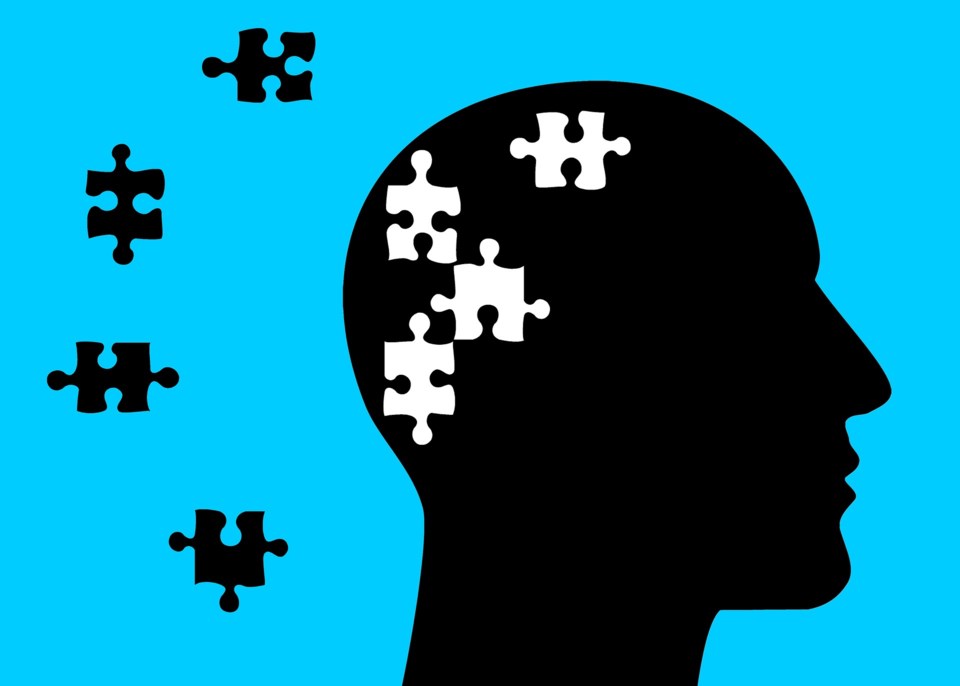A recent survey concluded that around 50% of Americans would experience a mental health issue during their lifetime. Whereas, until recently, stigmas around mental health meant that many people felt reluctant about seeking help, now - thankfully - things have changed, and there are many ways that those struggling can access the help and support they need.
With busier, more stressful lives than ever before - not to mention the impact of the pandemic - it’s not surprising that so many of us will experience depression, anxiety, or other mental disorders. If you’re worried about your mental health and are unsure whether you should seek support, use the guide below to spot the signs suggesting speaking with a therapist would benefit you.
Your Resilience is Low
If you’re finding it hard to bounce back from relatively minor setbacks - whether this is a long-term issue or something you’ve just begun to experience- therapy could be helpful. Signing up for a course of online therapy, or speaking to a counselor in-person, can uncover the root of the problem and help you change the patterns or thoughts, or behaviors that may be contributing to it.
In this instance, speaking with a trained professional can help you get ‘unstuck,’ put things in perspective, and give you the tools you need to swap negative self-talk for positive.
Persistent Low Mood
Depression often manifests as a consistently low mood, often with an accompanying major decrease in motivation and a tendency to isolate from others - even our most loved friends and family members. If you’ve been experiencing any or all of these things, therapy could help. A therapist can talk through your thoughts and feelings in a safe space, identify past events or issues that may have caused the depression, and work with you to make a plan to manage and - ultimately - overcome it.
Your Habits Have Changed
Often, changing our habits is a good thing and can lead to us developing a healthier lifestyle or more positive outlook. However, if you’ve begun to, for example, drink alcohol or smoke more than you used to regularly, then this is a warning sign that shouldn’t be ignored.
Unhealthy habits can quickly spiral and the more embedded they become, the harder they can be to shift - they’re often a way of coping with some form of stress or anxiety. Speaking with a therapist is a healthier way of dealing with any problems you’re coping with - a professional counselor can also support you in breaking the habit.
Runaway Thoughts
If you feel as if your thoughts frequently run away from you, and you’re having the same thought or anxiety over and over again throughout the day, then it may be important to seek therapeutic support. This sort of compulsively repeating thought pattern is known as rumination, and it’s a key element of many anxiety disorders; it can be extremely distressing for sufferers and impact their ability to enjoy day-to-day life. Fortunately, therapy can be an effective way to get on top of these thoughts and get things back on track.
You’re Experience Sleep Problems
Issues with sleeping, whether that’s sleeping too little, too much, or suffering from broken sleep, are one of the key signs that our mental health may not be at optimum levels. Ironically, a lack of sleep will further exacerbate a mental health problem, creating a vicious circle.
If you’ve found yourself struggling to sleep, getting out of bed in the morning, or suddenly taking naps in the day, talking to a therapist is likely a good idea.
Being Unable to Meet Commitments
If you’re suddenly missing appointments or find you’re unable to meet your existing commitments and obligations, whether at work or home, then, again, speaking with a therapist could be the vital first step to getting things back to normal again.
Being unable to, for example, make it to work, for a medical appointment, or meet with friends due to anxiety, stress, or the physical manifestations of these things can be devastating - arranging to have some sessions with a therapist can help tackle the issues that are causing the problems.
Your Family or Friends Are Concerned
Being on the receiving end of concerned messages or calls from friends or family members who are worried about you may feel annoying - but sometimes it takes those closest to us to spot changing patterns of behavior that we, ourselves, may have missed.
If you’re finding work colleagues are suddenly regularly asking if you’re ok, or a close friend stops by to check on you as they’re concerned, then - even if it’s difficult - pay close attention to their anxieties and consider seeking support.
The Road to Wellness
Taking care of our mental health is just as important as looking after our physical wellness, and seeking support if you’re experiencing an issue is vital. In the vast majority of cases, sufferers make a total recovery and go on to enjoy their lives in full.
However, if you’re worried about yourself or someone else, it's important to contact a medical professional immediately to access help. Similarly, many of the signs listed above can also indicate a physical condition, so it’s a good idea to chat with a doctor if you are experiencing any of them.




